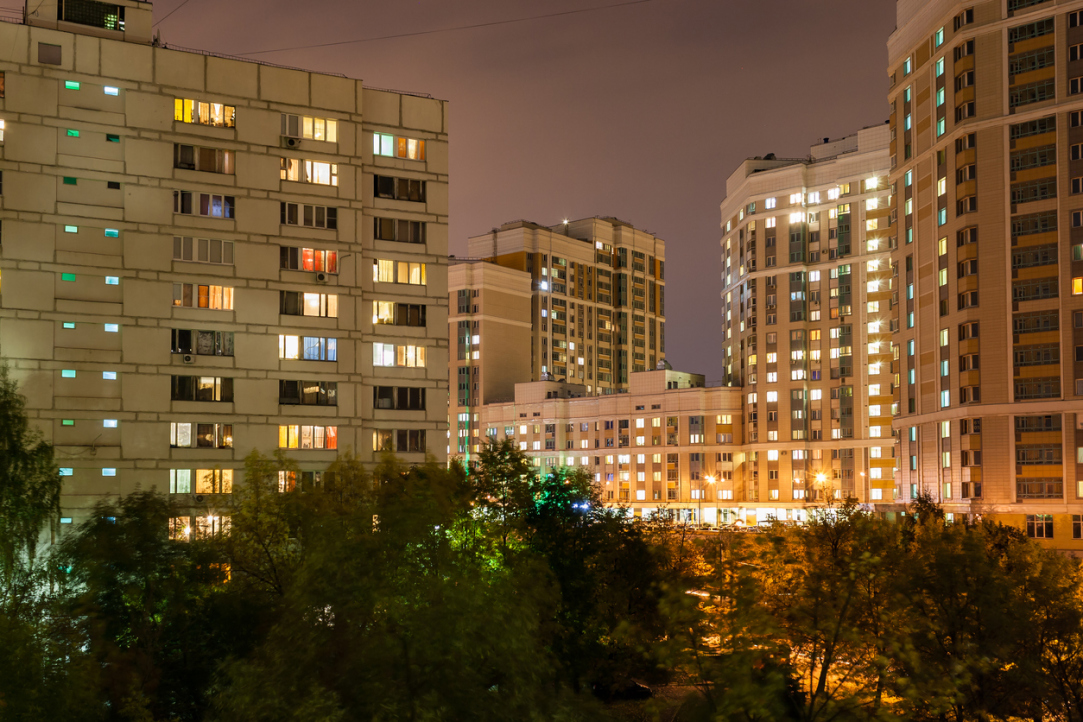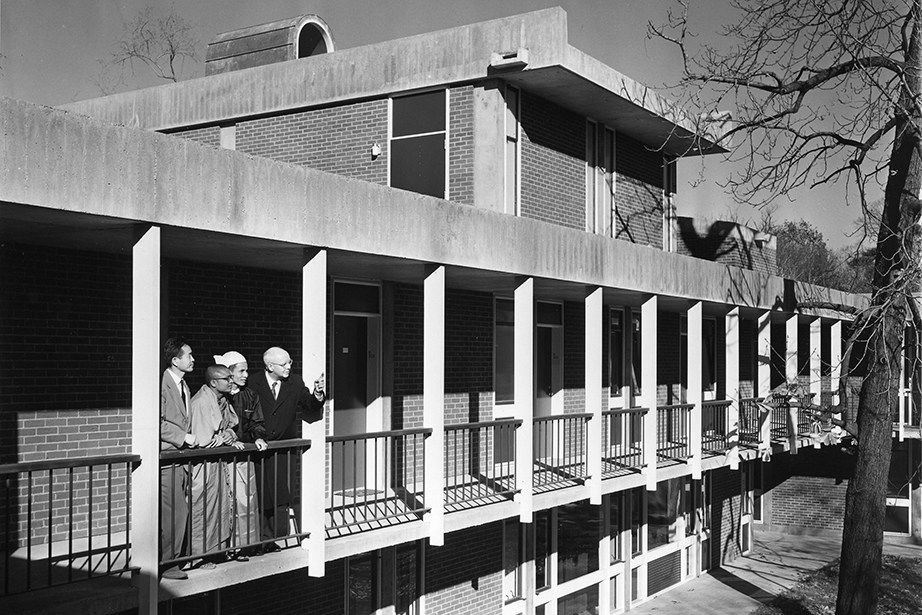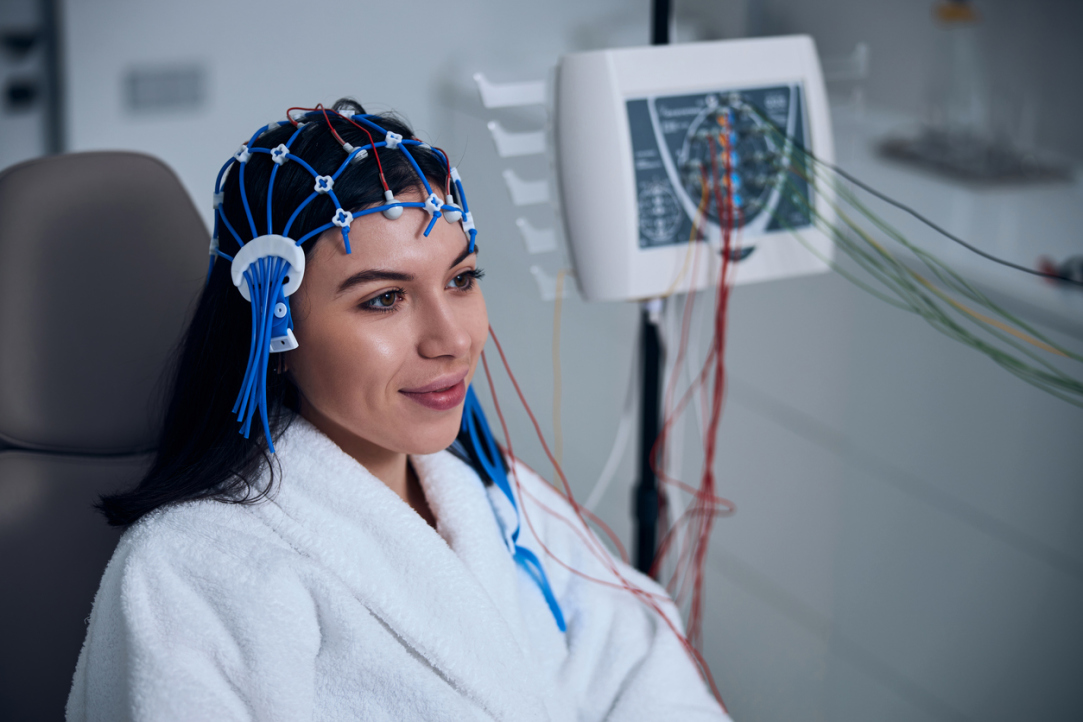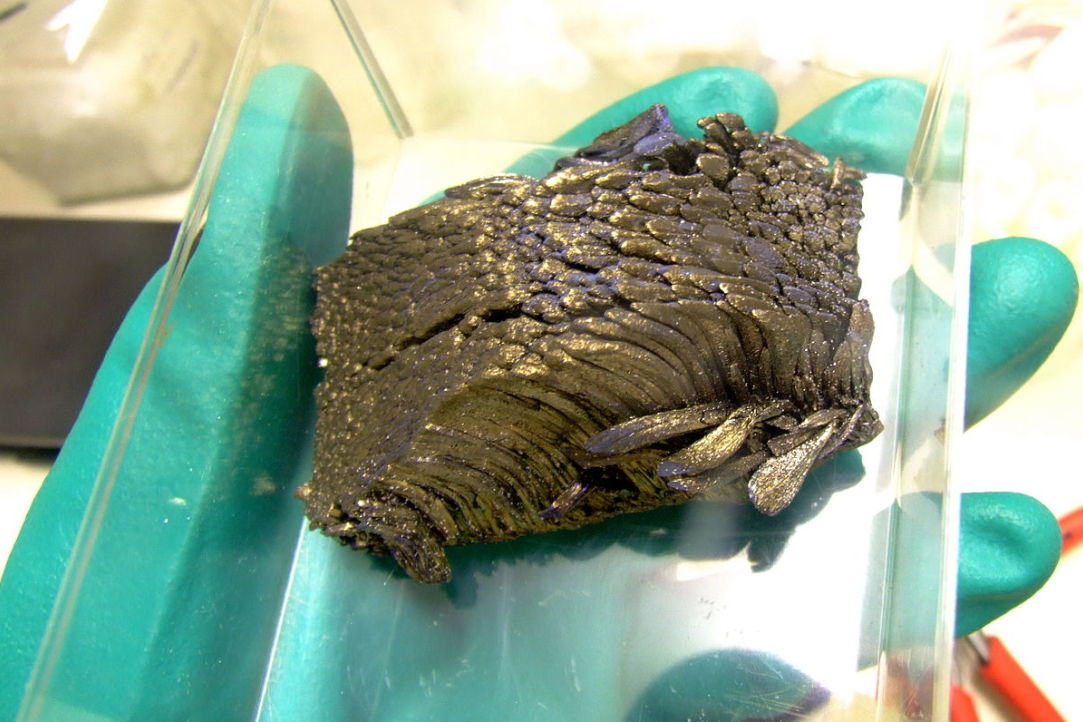
Researcher at HSE University in Perm Predicts Electricity Consumption in Residential Buildings
Aleksey Kychkin, Associate Professor in the Department of Information Technologies in Business at HSE University in Perm, together with Georgios Chasparis, a scientist at the Software Competence Center Hagenberg (SCCH, Austria), built models to predict energy consumption in residential buildings for the day ahead. The electricity consumption profile of a group of residential buildings, which is determined for the day ahead, will allow electricity demand to be effectively managed. The results of the research were published in ‘Energy and Buildings’journal.

Researchers Propose Carbon Debt System to Combat Global Warming
An international team of researchers, including Artem Baklanov, Research Fellow of the International Laboratory of Game Theory and Decision Making, HSE University, has proposed treating greenhouse gas emissions as financial debt in a new research article published in Nature. This approach could provide immediate economic incentives for enterprises to begin mitigating the harmful effects of their business activities.

Higher Education and State-building: Methaphors of Universities Revisited
How has higher education influenced the evolution of nations since the Second World War—and vice versa? Stanford professor Mitchell Stevens and Institute of Education researcher Ekaterina Shibanova have tried to answer this question in a special issue of the European Journal of Higher Education. They invited renowned historians, political experts, sociologists and economists to develop ‘a consensus on the role of higher education in political and social history after 1945.’ The special issue was created with input from researchers from Canada, Luxembourg, Russia, Germany, France, the UK, and Sweden.

Readiness to Punish Others for Selfish Behaviour Explained by Functional Brain Connections
The stronger the functional brain connections, the less inclined someone is to punish others for unfair behaviour. This conclusion was reached by HSE researchers following a neuroimaging experiment. Their paper ‘Wired to punish? Electroencephalographic study of the resting-state neuronal oscillations underlying third-party punishment’ was published in the journal Neuroscience.

Wonderful Lanthanides: Researchers Systematize Global Data on the Properties of Rare-Earth Metals
Yury Belousov, Associate Professor at the HSE Faculty of Chemistry, joined his colleagues from Moscow State University, Lebedev Physical Institute, and the University of Camerino, Italy, to work on a review, in which they compared and analysed over 200 lanthanide azolecarboxylates. The scholars were the first to systematize the scattered published information in a single source, which will be useful for technology developments in electronics, metallurgy and nuclear medicine, as well as in the chemical and nuclear industries. The review was published in Coordination Chemistry Reviews.

Researchers Come Up with a New Explanation of Processes that Underlie Working Memory
Researchers from the HSE Centre for Cognition & Decision Making have developed a computational model of working memory and demonstrated the stabilizing effect of gamma oscillations, as well as the importance of fast interaction between the model components. The study results have the potential to become part of a theoretical basis for experiments on improving working memory functions with non-invasive brain stimulation. The study was published in Frontiers in Neural Circuits .

‘The Study Experience at HSE University Was Important to Me in Starting in a New Career’
Russian corporations have started practicing mindfulness meditation to solve psychological tasks in their teams. The Applied Psychology: Health and Well-Being journal has accepted for publication the paper ‘Short-Term Effects of an Online Mindfulness Meditation Intervention’ by Evgeny Osin, Associate Professor at the HSEFaculty of Social Sciences, and Irina Turilina, graduate of the master’s programme in Counselling Psychology. Personality Studies. Irina spoke to the HSE News Service about the research and her studies at HSE University.

HSE Researchers Discover Nucleotide Sequence Responsible for Effectively Fighting Pathologies
Researchers from HSE University have discovered nucleotide sequences characteristic of microRNA isoforms (microRNAs with errors). The discovery will help predict errors in microRNA behaviour and create drugs that can detect targets (such as viruses) more effectively. The results of the study have been published in the RNA Biology journal.

How to Improve the Vaccination Campaign and Achieve Global Immunity to COVID-19
An international study conducted with the participation of HSE University researchers has found that people in developing countries are much more willing to get vaccinated, the most common reason for not getting vaccinating is fear of side-effects, and attitudes towards vaccination are primarily influenced by doctors and health professionals.

Europe to Face a Reverse Brain Drain: Up to 3.5 Million Highly Skilled Professionals Could Return Home
As the pandemic continues and working from home becomes the norm in some industries, professionals who once left to work in other countries are beginning to return home. Researchers from HSE University, the Catholic University of Louvain and the University of Lille have found out how strong this movement could be and what economic, social and political implications it might bring. The preprint of the study was published in the GLO Discussion Papers.


Deadline for applications to present academic reports - January 20, 2025